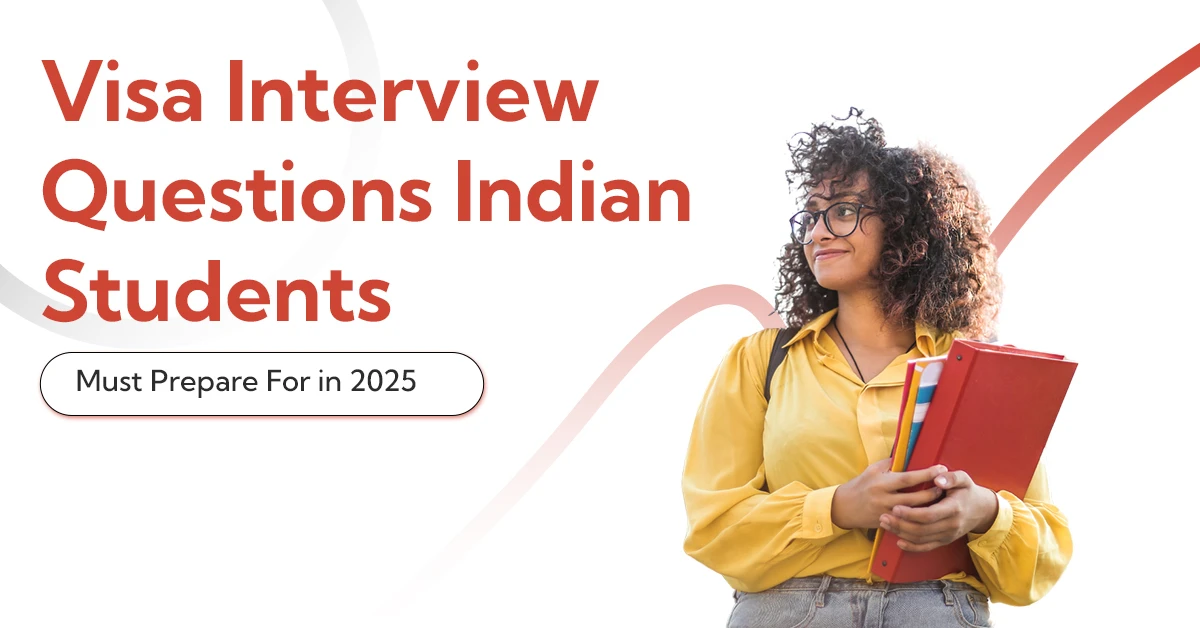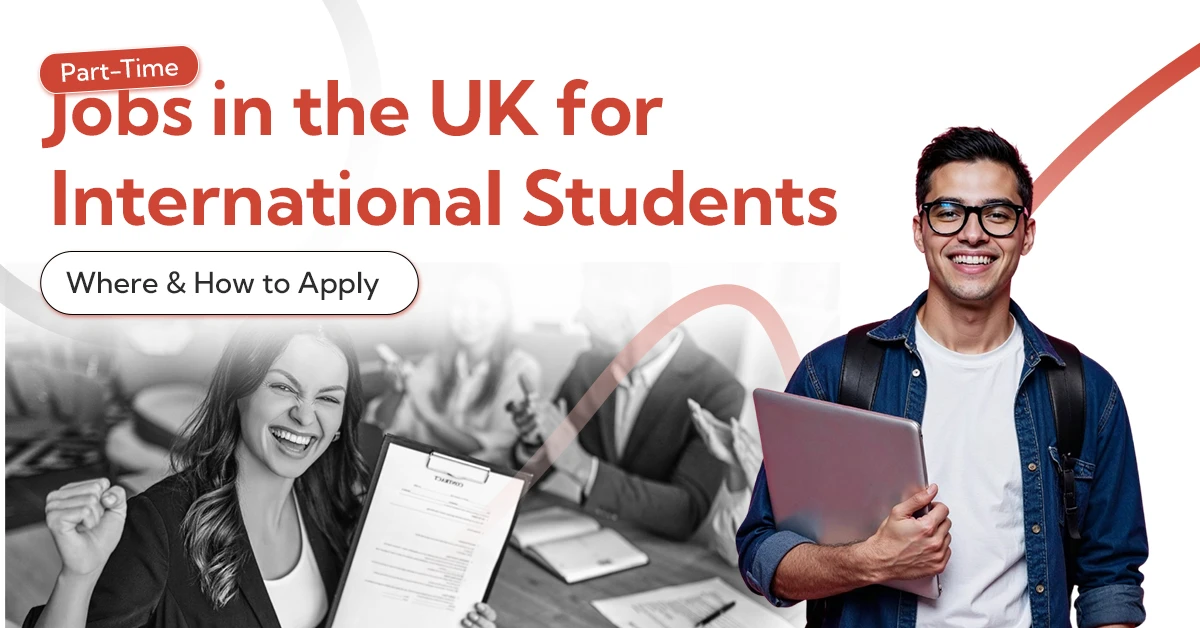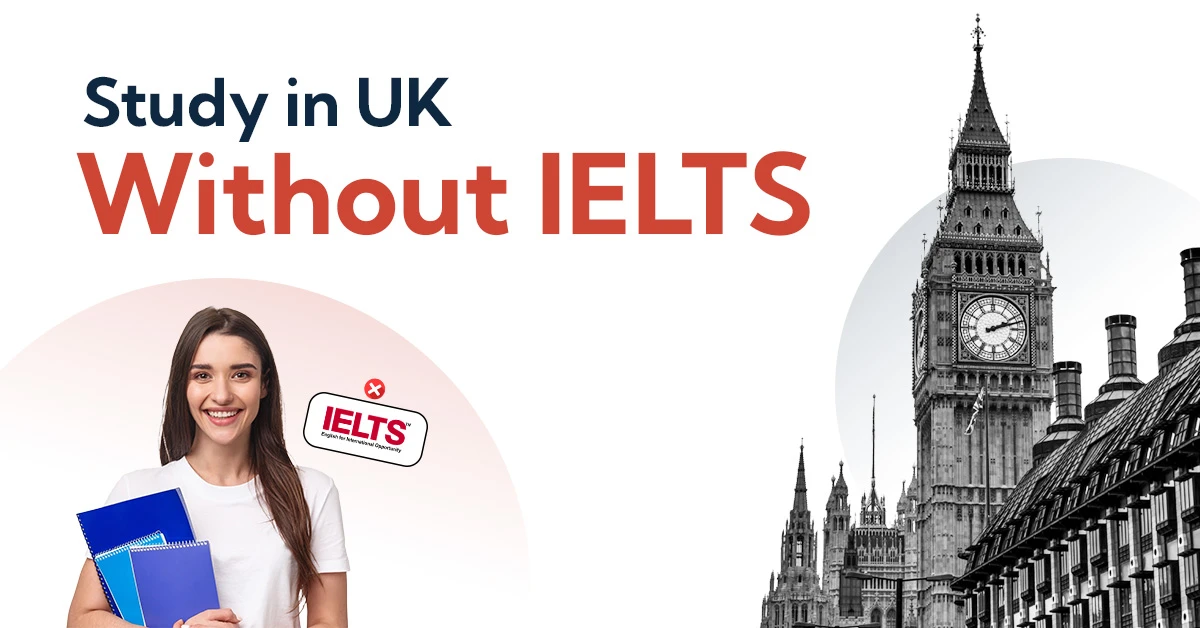The final step between you and your dream to study abroad is often the visa interview. For Indian students planning to pursue higher education overseas in 2025, the visa interview is not just a formality — it’s a crucial checkpoint. A strong academic record, a compelling SOP, and admission to a reputed university are incomplete without a successful visa interview.
Every year, thousands of students get their visas approved, but many also face rejection due to unpreparedness. A visa officer looks at more than documents. They assess confidence, clarity, and credibility. The questions asked aren’t designed to confuse you — they aim to confirm that you’re a genuine student with a clear plan.
In this blog, we’ll walk through everything you need to know. From the structure of visa interviews to the top visa interview questions and answers. Let’s begin with the basics.
Understanding the Visa Interview Process
Before you learn what are the questions asked in visa interview, you should understand how the process works. A visa interview is a short but essential interaction with a visa officer. Depending on the country, it may last between 5 to 15 minutes. The officer evaluates your intent to study, financial capacity, ties to India, and your future goals.
Most interviews follow a structured pattern. The questions fall into five main categories:
| Category | What They Want to Know |
| Personal & Background | Are you genuine and credible? |
| Academic Intent | Why this course, university, and country? |
| Financial Capability | Can you afford your tuition and living expenses abroad? |
| Career Plans | Will you return to India after completing your studies? |
| Ties to Home Country | Do you have reasons to come back after graduation? |
Depending on the country, the setting may be different:
- USA (F1 visa): In-person interview at the U.S. consulate.
- UK, Canada, Ireland: Often includes a credibility interview over video or in person.
- Australia, New Zealand: May involve a GTE (Genuine Temporary Entrant) check via documentation or call.
Whether it’s for the UK, USA, or Canada, student visa questions and answers test the same thing: Are you a genuine student with a plan?
Why Interviews Are So Important in 2025
With more Indian students aiming to study abroad than ever before, visa scrutiny has increased. In 2025, countries like the USA, UK, Canada, Germany, and Australia are expected to see a higher number of applications due to relaxed post-study work policies.
This also means embassies will evaluate applications more strictly. Students must show clarity, intent, and awareness — not just documents. That’s why practicing visa interview questions and answers is no longer optional.
For example:
- In 2023, the USA F1 visa rejection rate for Indian students was around 30%.
- The UK credibility interview became more frequent due to fraudulent claims.
- Canadian study permit interviews are rare but have risen in 2024 due to policy changes.
If you’re preparing now for 2025, knowing visa student interview questions and answers can give you a major edge.
Who Needs to Appear for a Visa Interview?
Most countries require interviews for specific student visa categories. Here’s a summary:
| Country | Interview Required? | When It Happens |
| USA (F1, M1) | Yes (mandatory) | After DS-160 and SEVIS fee |
| UK (Tier 4/Student) | Yes (in some cases) | After CAS and visa application |
| Canada (SDS, Non-SDS) | Sometimes | If flagged for secondary assessment |
| Australia | Sometimes | For GTE evaluation or suspicion |
| Germany | Yes | At the VFS or German consulate |
| Ireland | Rare | May happen via phone or in person |
No matter which country you apply to, be ready with visa questions and answers in advance.
How to Prepare: Foundation Steps
Here’s how to get started:
- Know your application inside-out: Be clear on your course, university, finances, and career plans.
- Prepare documents: Offer letter, financial statements, academic records, SOP, visa form.
- Mock interviews: Practice study visa interview questions and answers with a mentor or consultant.
- Stay updated: Visa trends change. Know the latest policies and rejection reasons for 2025.
Top Visa Interview Questions to Expect in 2025
Visa interviews follow a pattern, but every question serves a purpose. The officer wants to know if you’re a genuine student with clear plans. Below are the most common visa interview questions asked in 2025 and sample ways to answer them.
1. Why do you want to study in [Country]?
Purpose: To assess your understanding and seriousness.
Sample Answer:
“I chose [Country] because it has globally recognized universities, practical teaching methods, and great post-study work opportunities. I also appreciate the exposure to international industry standards and diversity on campus.”
2. Why this university and course?
Purpose: To check if you researched your choices.
Sample Answer:
“I chose XYZ University because the Business Analytics program focuses on real-world applications. It offers internships and is ranked among the top in my field. The curriculum fits my career plan perfectly.”
3. How will you fund your education?
Purpose: To see if you have financial stability.
Sample Answer:
“My parents are sponsoring me, and we have shown funds for tuition and living costs. I also have an education loan approved for ₹25 lakhs to support my study expenses.”
4. What do your parents do? What’s their income?
Purpose: To validate your financial claims.
Sample Answer:
“My father runs a textile business with an annual income of ₹18 lakhs. My mother is a homemaker. We’ve included all documents in the financial proof file.”
5. What will you do after graduation?
Purpose: To ensure you won’t overstay.
Sample Answer:
“My plan is to work under the post-study work visa to gain industry experience. After that, I intend to return to India and join my family business in logistics, where I can apply what I’ve learned.”
6. Do you plan to work while studying?
Purpose: To see if you know the country’s rules.
Sample Answer:
“Yes, but only within the allowed hours. I know [Country] permits part-time work for 20 hours during term and full-time during breaks. My focus will remain on academics.”
7. Why not study in India?
Purpose: To see if your decision is justified.
Sample Answer:
“I considered Indian options, but the curriculum abroad offers global exposure, newer technologies, and industry interaction that Indian programs lack.”
8. Have you applied to other universities?
Purpose: To check if you’re genuinely interested.
Sample Answer:
“Yes, I applied to three universities. I chose this one because I received a confirmed offer with a scholarship and the program matches my goals.”
9. Where will you stay in [Country]?
Purpose: To test your planning.
Sample Answer:
“I’ve booked university-managed accommodation. The address and contract are included in my application file.”
10. What if your visa is rejected?
Purpose: To see your maturity.
Sample Answer:
“I’ll review the reasons and reapply with corrections. I believe in the course and have the support to try again. I am determined to pursue this career path.”
Country-Specific Questions to Be Aware Of (2025 Updates)
Different countries ask unique questions. Let’s review.
USA – F1 Visa Interview Questions
| Question | Purpose |
| Why do you want to study in the USA? | Academic & research strength |
| What is your SEVIS ID? | Knowledge of visa process |
| Who is your sponsor? | Financial clarity |
| What does your sponsor do? | Income validation |
| Do you have family in the USA? | Immigrant intent check |
Canada – SDS/Non-SDS Study Permit Interview
| Question | Purpose |
| What is your course duration? | Knowledge of program |
| Did you pay your first-year tuition? | Compliance with SDS rules |
| Show your GIC and financial proof | Financial readiness |
| Do you understand the DLI and PGWP terms? | Academic & immigration knowledge |
UK – Credibility Interview
| Question | Purpose |
| Why this university and course? | Clear reasoning |
| How does this course help your future? | Career planning |
| Do you plan to settle in the UK? | Temporary intent check |
| Who is paying for your studies? | Financial proof |
| Can you name modules in your course? | Research done? |
Australia – GTE Interview (If Required)
| Question | Purpose |
| Why did you choose Australia? | GTE evaluation |
| What’s your family income? | Ability to fund studies |
| Do you know the visa rules and post-study terms? | Preparedness |
Germany – Consulate Interview
| Question | Purpose |
| Why Germany? | Cost vs quality |
| Do you know German? | Language prep |
| Can you explain your SOP? | Authenticity check |
Common Mistakes to Avoid During a Visa Interview
Many students fail their visa interviews not because they lack documents but because of avoidable missteps. Mentioned below are common errors:
- Giving Irrelevant or Over-Explained Answers: Keep it short visa officers prefer direct, clear answers.
- Inconsistent or Contradictory Information: If what you say doesn’t match your documents or SOP your application will be flagged.
- Lack of Confidence or Nervousnes: Even well-prepared students can fail if they seem anxious.
- Memorised Answers: Robotic responses can sound fake speak naturally but clearly.
- Not Knowing Course or University Details: If you can’t name modules, duration or location it shows poor planning.
- Showing Intent to Immigrate: This is a major red flag visa officers want to hear that your stay is temporary.
Tips to Ace Your Visa Interview in 2025
Now that we know what not to do, here are some solid tips to help you succeed
- Practice Mock Interviews: Get help from an overseas education expert. Practice with common and country-specific questions.
- Prepare Financial Proof Well: Make sure your documents are recent, clear and show the required balance. Understand what each document means.
- Know Your Course and University: Officers often ask about course modules, faculty, location and future use of your degree.
- Dress Formally: A neat professional appearance leaves a good impression.
- Be Honest: Never lie or exaggerate if you don’t know something say so politely.
- Arrive Early and Stay Calm: Rushing or panicking sets the wrong tone. Reach early and take deep breaths before the interview starts.
Final Thoughts
The visa interviews can be stressing but you can tackle them after preparation. Knowing visa interview questions and rehearsing your visa interview questions and answers will make you become calmer and natural. Be real, straightforward and precise. You have to keep in mind that the officer does not intend to turn you away. They simply do not want to be sure that you are determined to study and that your intentions are very strong.
At Transglobal Overseas, we’ve helped thousands of Indian students successfully navigate their visa interviews. Our visa experts conduct personalised mock sessions, help prepare financial documents, and offer country-specific guidance to improve your chances.
If you’re confused about visa student interview questions and answers, or wondering what are the questions asked in visa interview, we’ve got you covered.
Frequently Asked Questions
1. How should students prepare for a study visa interview in 2025?
Students should know their course, university, and future goals well. Practice common interview questions. Stay calm and confident. Keep your answers clear and honest. Always speak the truth.
2. What documents are required for a student visa interview?
Carry your passport, visa application form, offer letter, academic records, language test scores, financial proof, and fee receipts. Keep originals and copies ready. Organize them well in a file. Check the embassy’s checklist before the interview.
3. How to answer questions about the choice of university and course during the visa interview?
Be honest and clear. Say why you chose that course and how it fits your goals. Talk about the university’s ranking, course quality, or job outcomes. Keep answers short but strong. Avoid memorized lines.
4. Is it necessary to show financial proof during the student visa interview?
Yes, you must show proof that you can pay for your studies and living costs. Show bank statements, loan papers, or sponsor letters. Make sure funds are legal and available. Officers want to see you won’t struggle abroad.
5. How long does a typical student visa interview last?
A student visa interview usually lasts 10 to 15 minutes. Some take just a few minutes. Be ready to answer quickly and clearly. The officer checks your confidence, honesty, and plan.
6. Can a visa be approved immediately after the interview?
Sometimes, yes. The officer may say your visa is approved. Other times, you get a decision by email or post. It depends on the embassy and your case. Always wait for official confirmation.
7. How to explain study gaps during a visa interview?
Tell the truth. Say what you did in the gap—like work, family care, or skill-building. Show how it helped you. Make sure your answer sounds planned and clear. Avoid giving unclear or fake reasons.
8. What to wear for a student visa interview to make a good impression?
Wear clean, formal, and simple clothes. Avoid flashy or casual wear. Dress like you would for a job interview. Look neat and confident. Good appearance shows respect and seriousness.




